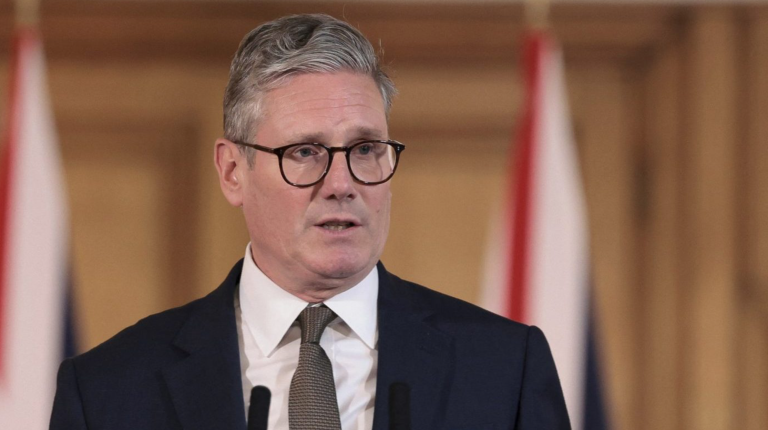
General Brice Clotaire Oligui Nguema, the former leader of the military junta that seized power in a coup in 2023, was officially sworn in as Gabon’s new president today, May 3, 2025, marking a pivotal moment in the country’s turbulent political landscape.
Key Developments
Approximately twenty African heads of state gathered at a stadium north of Libreville for the inauguration ceremony, where enthusiastic supporters wearing Oligui-branded T-shirts and waving flags filled the 40,000-seat venue to capacity. Notable attendees included Gambian President Adama Barrow, Senegal’s Bassirou Diomaye Faye, Djibouti’s Ismail Omar Guelleh, and Equatorial Guinea’s long-serving leader Teodoro Obiang Nguema Mbasogo.
The inauguration marked the culmination of a nine-month transitional period following the dramatic August 30, 2023 coup that abruptly ended the 55-year political dynasty of the Bongo family. Former President Ali Bongo Ondimba – who had ruled since 2009 after succeeding his father Omar Bongo (1967-2009) – was deposed by mutinous soldiers moments after electoral authorities declared his controversial third-term victory.
The Bongo family’s uninterrupted rule since 1967 made Gabon a textbook example of “autocratic stability” in Central Africa, buoyed by oil wealth but criticized for systemic corruption and elite capture of resources. Furthermore, Ali Bongo’s 2018 stroke and subsequent health struggles had already weakened his grip on power prior to the coup. The presence of leaders like Equatorial Guinea’s Obiang (in power since 1979) at the inauguration subtly legitimized military transitions among long-ruling elites.
What Next?
At 50, General Oligui assumes leadership of Gabon at a pivotal economic juncture. The Central African nation—while boasting the continent’s fourth-highest GDP per capita due to oil wealth—faces structural crises that threaten long-term stability:
- Crumbling Infrastructure
- Energy Crisis: The aging electricity grid causes daily blackouts in Libreville, with 43% of rural areas lacking access—paradoxical for an oil producer.
- Transport Collapse: Only 10% of Gabon’s 9,170km road network is paved, isolating mineral-rich interiors. The Trans-Gabon Railway, critical for manganese exports, operates at 30% capacity.
- Economic Time Bombs
- Debt Spiral: Public debt (projected at 80% of GDP in 2024) consumes 28% of revenues for servicing—worsened by Eurobond obligations and Chinese BRI loans.
- Youth Unemployment: 40% of under-25s jobless despite 5.2% GDP growth in 2023, exposing an oil-dependent economy failing to create jobs.
- Transitional Band-Aids
Oligui’s interim “builder” image relied on visible but superficial fixes:- Quick Win Projects: Emergency road repairs and hospital renovations in Libreville (cost: $120 million) that boosted popularity but avoided systemic reforms.
- Corruption Theater: High-profile arrests of Bongo-era officials recovered just 150millionofanestimated150millionofanestimated4 billion in embezzled oil revenues.
Expert Warnings:
- A 2023 report by World Bank notes Gabon needs $1.2 billion annually for infrastructure—but austerity looms as oil production declines (now 180,000 bpd vs. 2010 peak of 240,000).
- Oligui’s military government risks repeating the Bongo playbook: using construction contracts to reward loyalists rather than enabling competitive bidding.
Strategic Crossroads:
Success requires moving beyond optics to:
• Diversification: Developing forestry (20% of land) and ecotourism assets beyond oil (which still provides 45% of GDP).
• Debt Restructuring: Negotiating with China (35% of external debt) and bondholders before 2025 maturities.
• Youth Inclusion: Matching vocational training (only 8% enrollment) with mining/agriculture sector needs.
- The Death of Fish Magnet and Why Kidnapping Continues to Thrive in Nigeria - August 2, 2025
- The Fall of Intelligence - July 10, 2025
- UK to Tighten Visa Rules for Nigerians and Pakistanis Due to Overstaying Concerns - May 7, 2025
Discover more from TruthPost
Subscribe to get the latest posts sent to your email.






